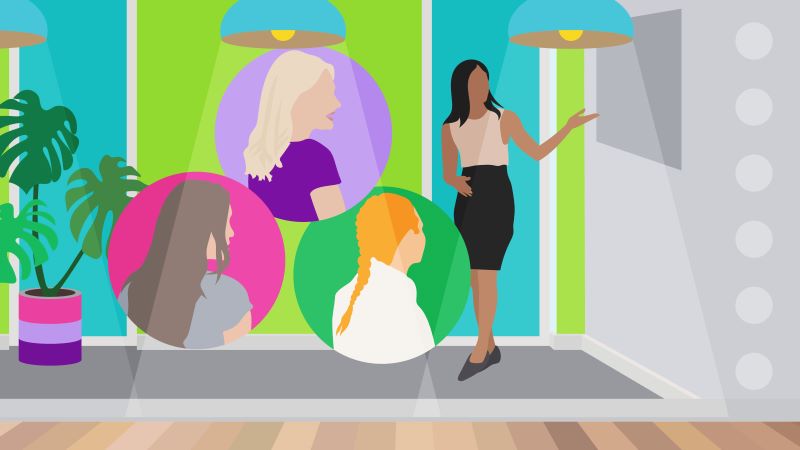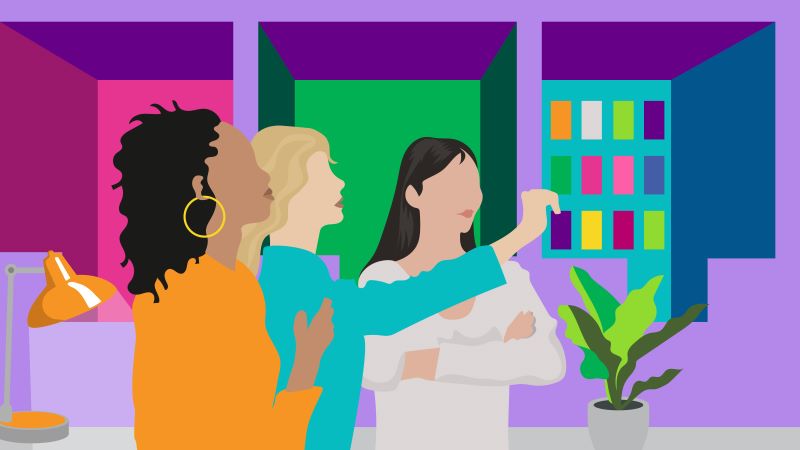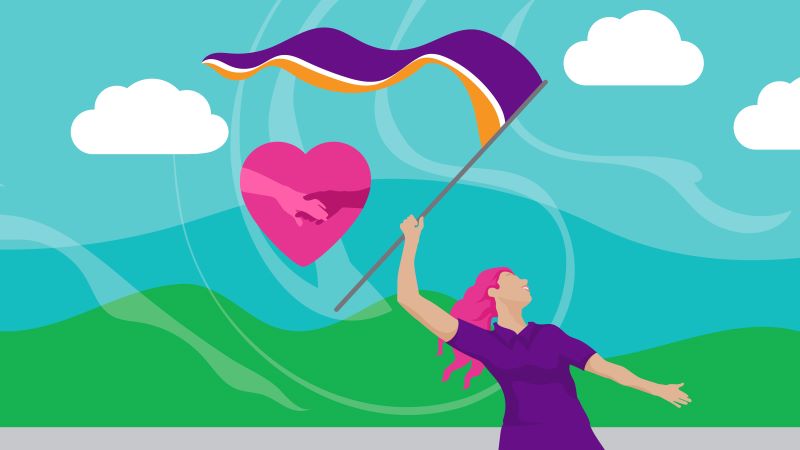Ensuring that survivors receive the right support is a long-term commitment. Here is how we did our part in 2021/22:
- We supported our member organisations to cope with the challenges of Covid-19.
- We enabled VAWDASV services across Wales to evidence the value of specialist support for survivors.
- We delivered training to professionals on essential knowledge and skills for engaging with VAWDASV.
- We provided free, 24/7 confidential advice and support via the Live Fear Free Helpline.
Helping our members cope with Covid-19
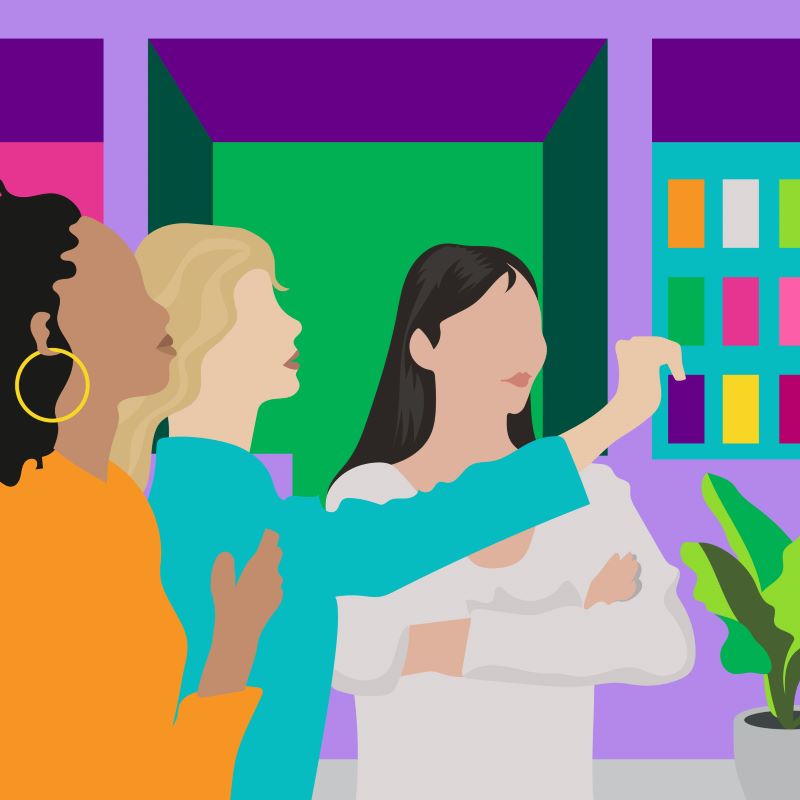
In 2021/22, specialist services had to adapt to conditions of constant change. Restrictions lifted, enabling the return of face-to-face support, and then returned with the Autumn surge driven by Omicron.
We continued with the programme of peer support we developed in the first year of the pandemic, including monthly meetings where we shared information and resources, gathered feedback, and reported concerns to Welsh Government.
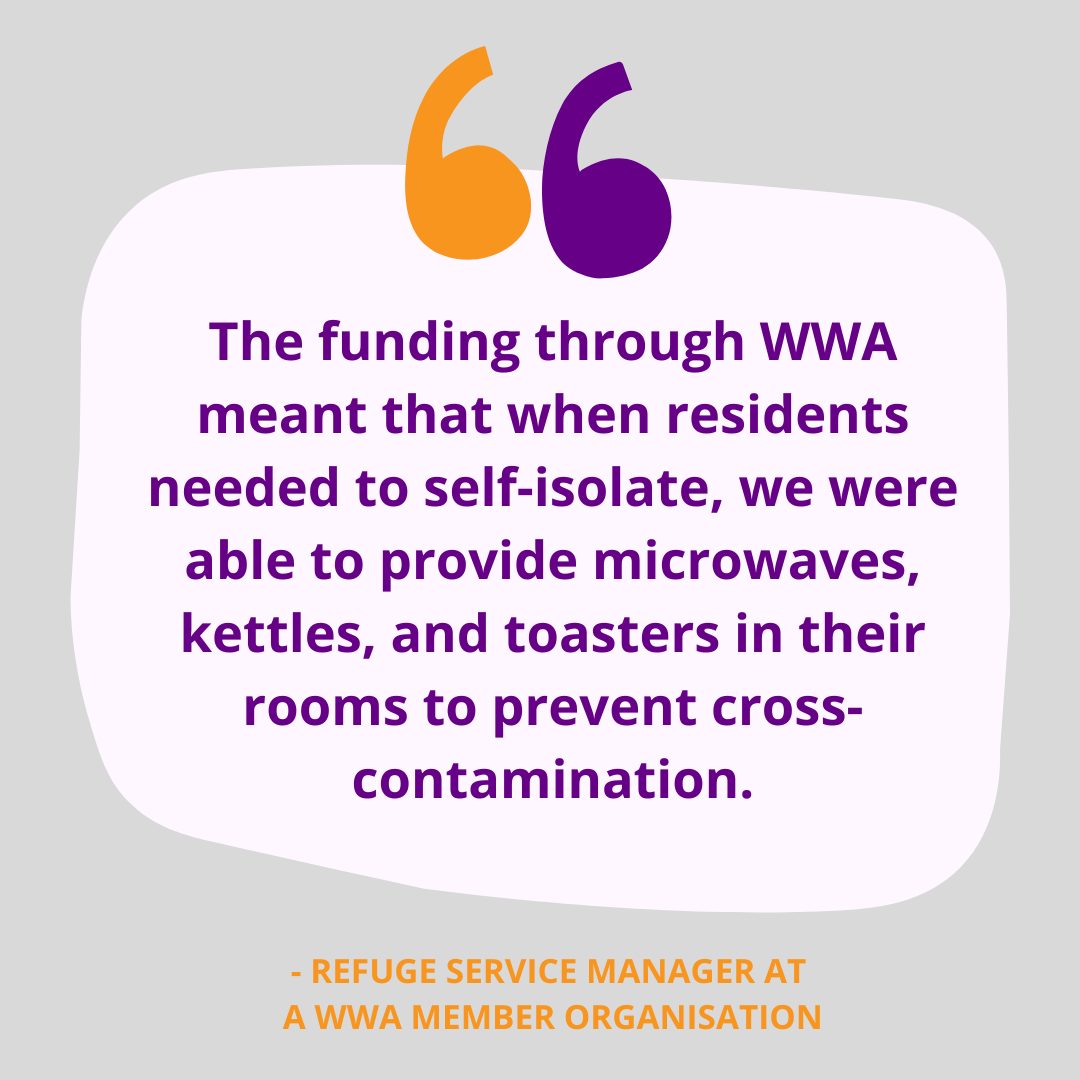
In 2021/22, our members reported higher-than-ever demand and increasingly complex support needs.
Our capacity-building programme in collaboration with members raised over £815,000 from statutory sources, trusts, and foundations to help VAWDASV services across Wales adapt to these conditions.
This funding directly benefited an estimated 1,200 survivors and their children across Wales.
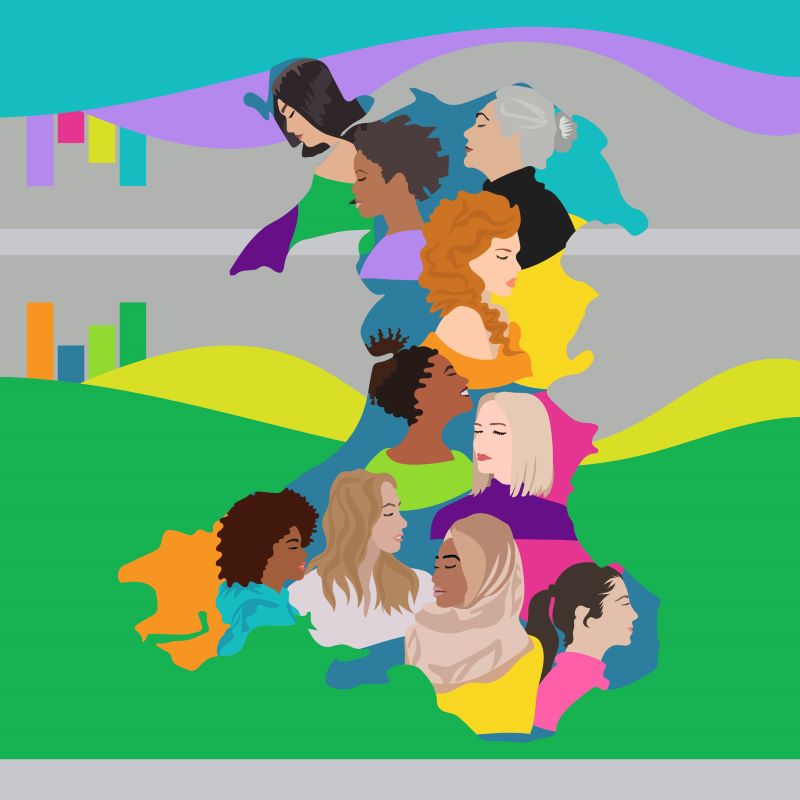
Our ‘Sector Strength Cymru’ project was also awarded £507,512 from the UK Government’s Tampon Tax Fund to create opportunities for our members to develop new and transformative services.
This money will fund projects at nine services across Wales, ranging from survivor participation and community support to a new refuge for women experiencing multiple disadvantages.
Showing the value of specialist services
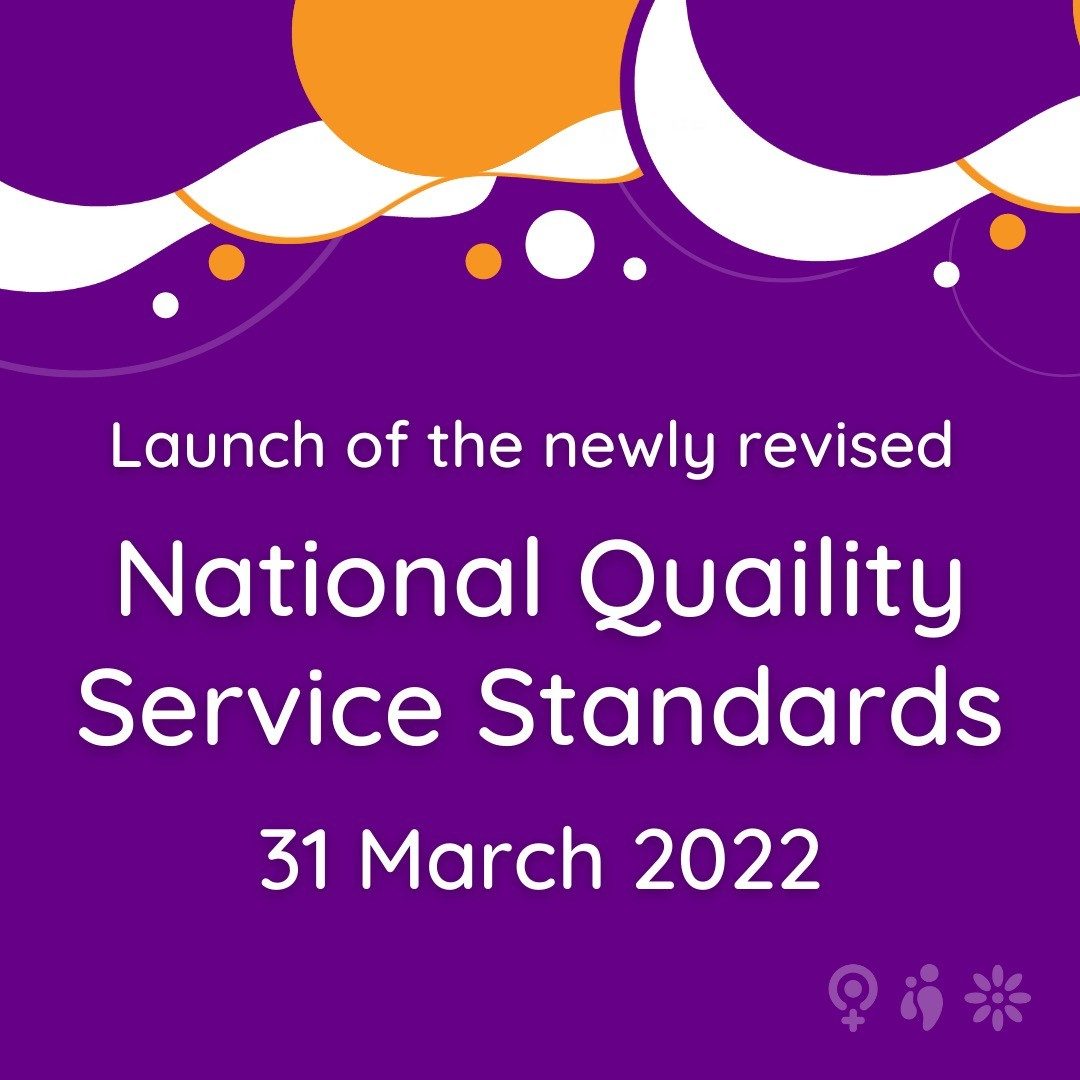
We know that specialist services provide the best support for survivors. Our National Quality Service Standards (NQSS) enable Welsh services to show evidence of their quality, effectiveness, and overall value.
In 2021/22, we aligned the NQSS to the Welsh Government’s Information and Advice Quality Framework (IAQF) and became an accrediting body, enabling services to simultaneously attain both NQSS and IAQF quality marks.
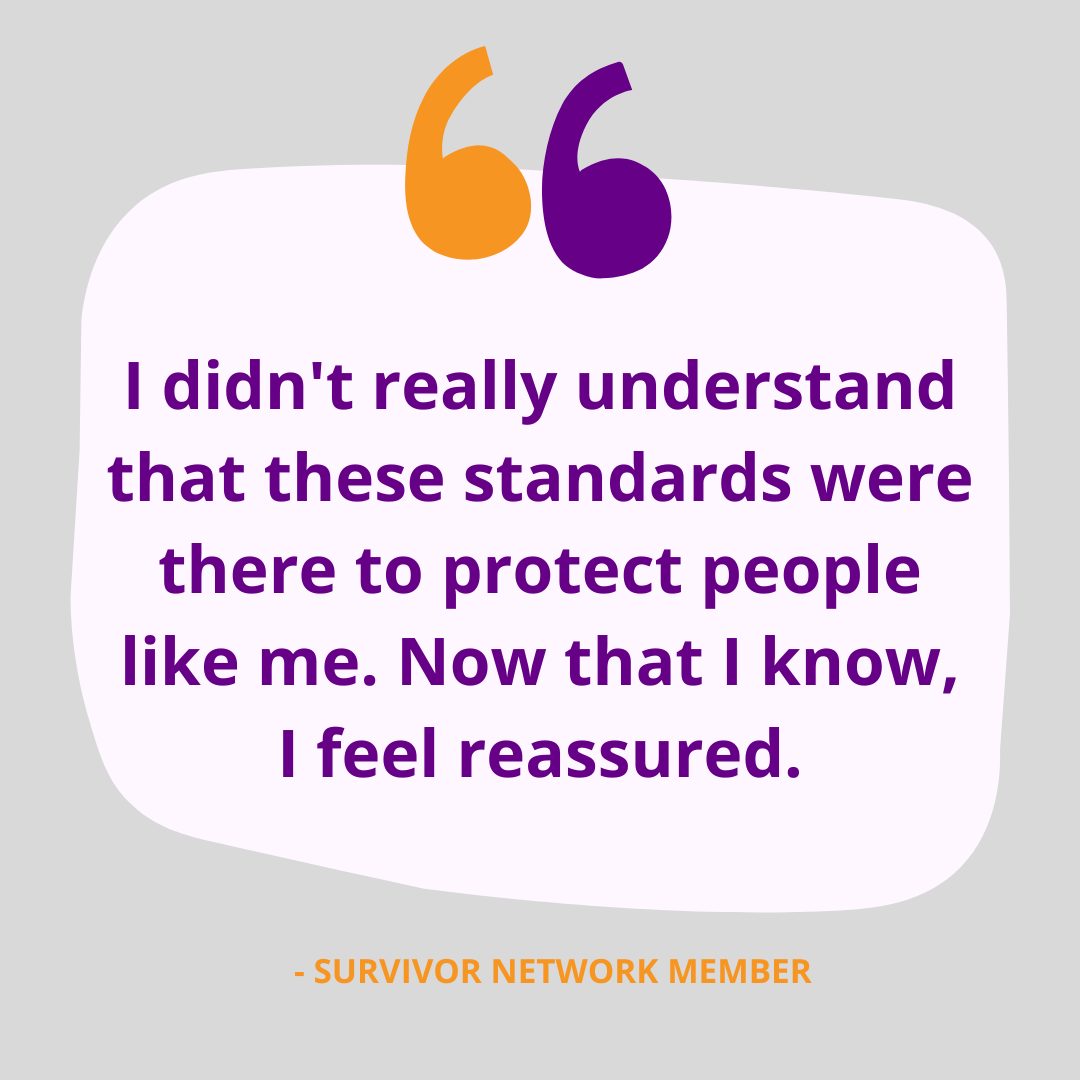
We also asked members of our Survivor Network and Race Council Cymru to give us feedback on the NQSS.
Their suggestions helped us refresh the standards to ensure that meeting them indicates a truly strengths-based and trauma-informed approach to support, including an awareness of the specific needs of Black and Ethnically Minoritised survivors.
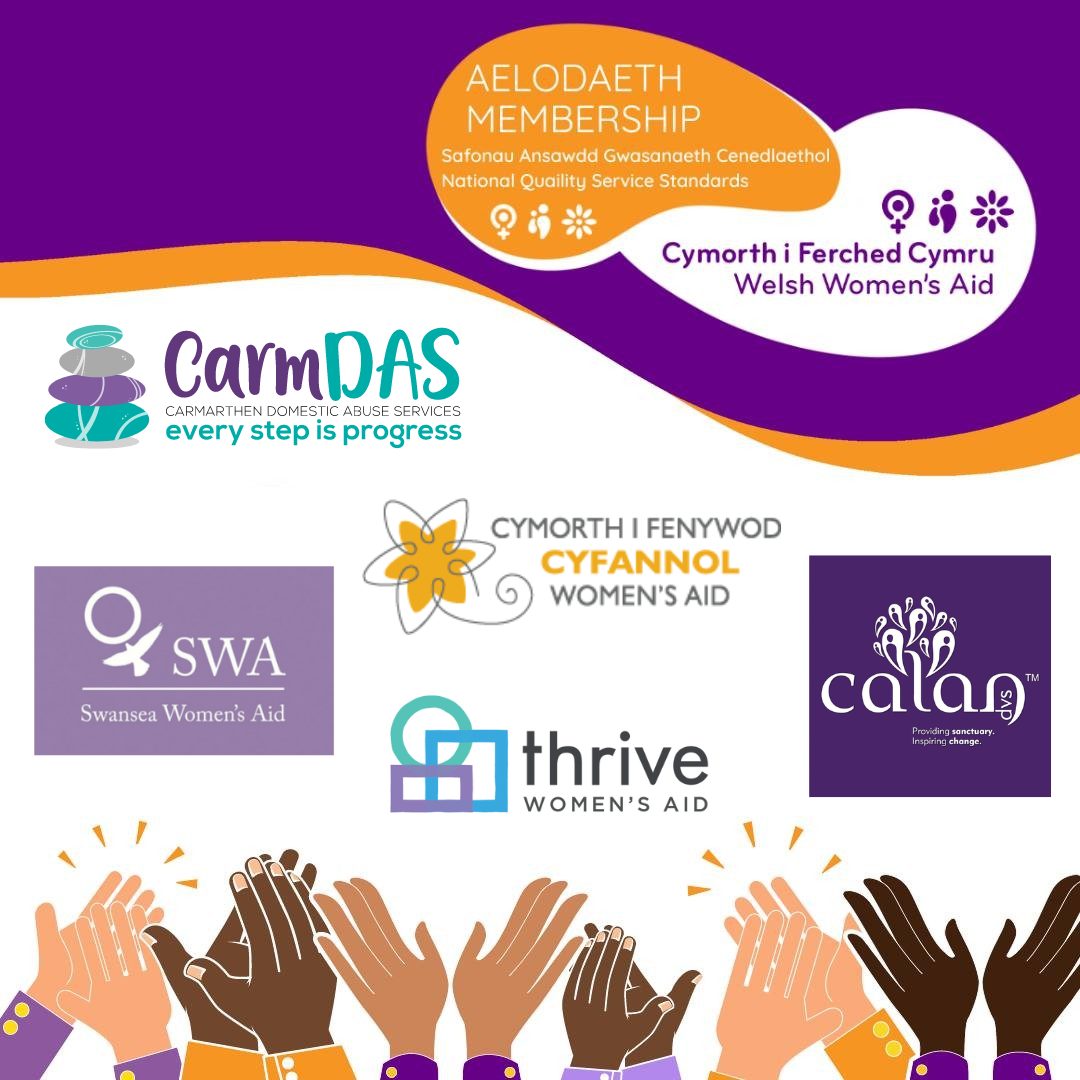
Organisations must renew their NQSS and IAQF quality marks every three years. In 2021/22, five of our members achieved full or conditional passes.
Congratulations to Calan DVS and CarmDAS on their first-time passes and Cyfannol Women’s Aid, Swansea Women’s Aid, and Thrive Women’s Aid on successful renewal.
Delivering training for professionals
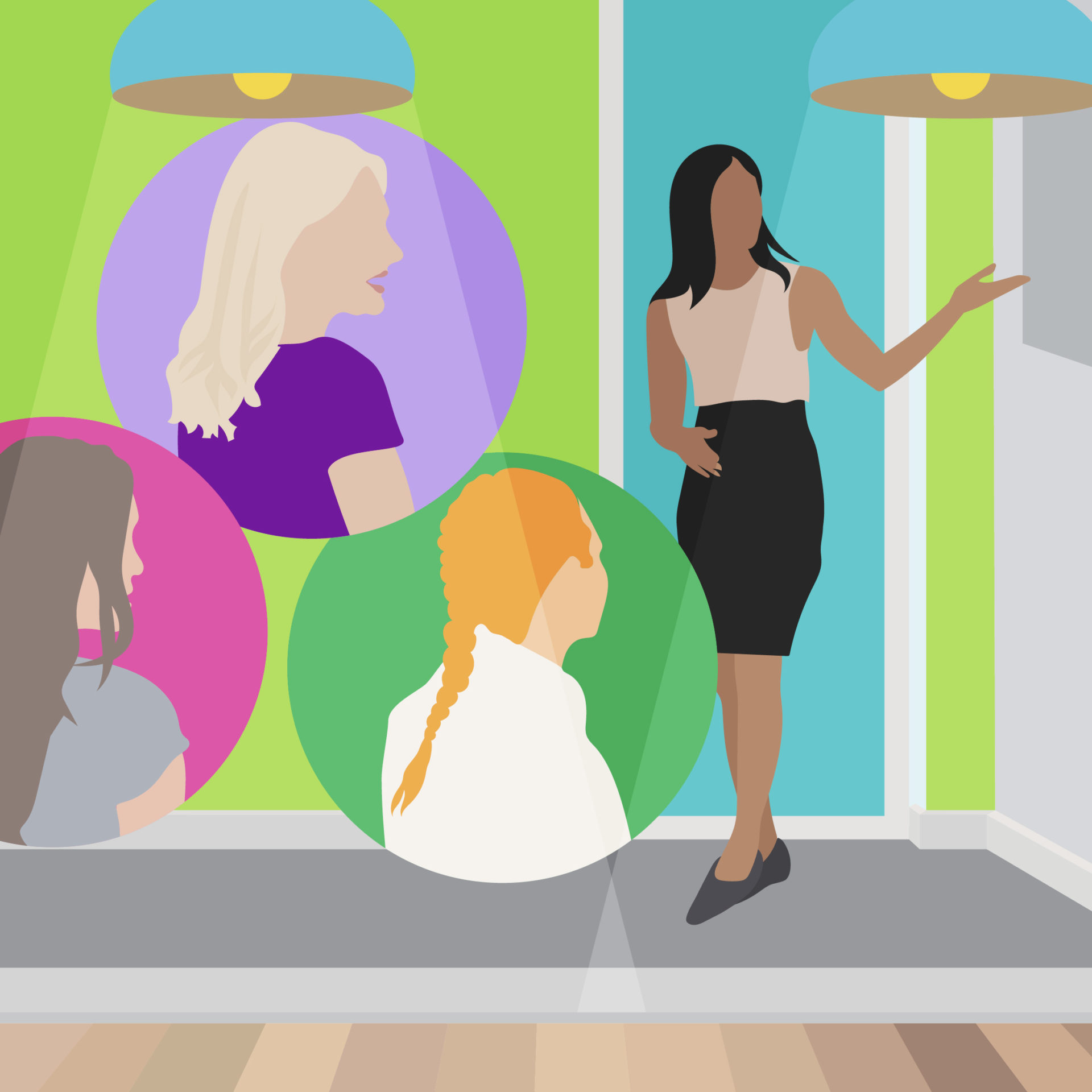
Our Training Centre of Excellence provides CPD accredited and non-accredited training courses delivered by expert and specialist trainers.
In 2021/22, we trained over 1,500 professionals across Wales.
More than 400 learners completed one of our e-learning courses, which include topics like: Vicarious Trauma, Sexual Harassment, VAWDASV and the impact on CYP, and Confidentiality and Boundaries.
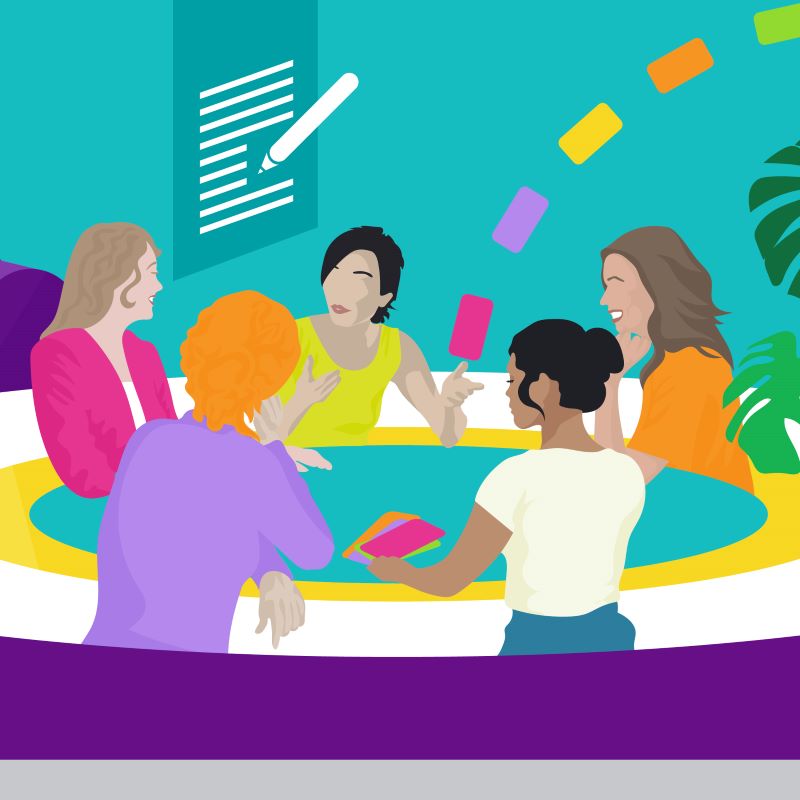
The Ask & Act programme is required training for frontline workers in health, social care, and housing.
We are contracted by Welsh Government to ‘train the trainers’ for this programme.
In 2021/22, we supported 244 learners to be able to deliver this training and teach others how to recognise abuse, ask questions sensitively, and offer appropriate support to survivors.
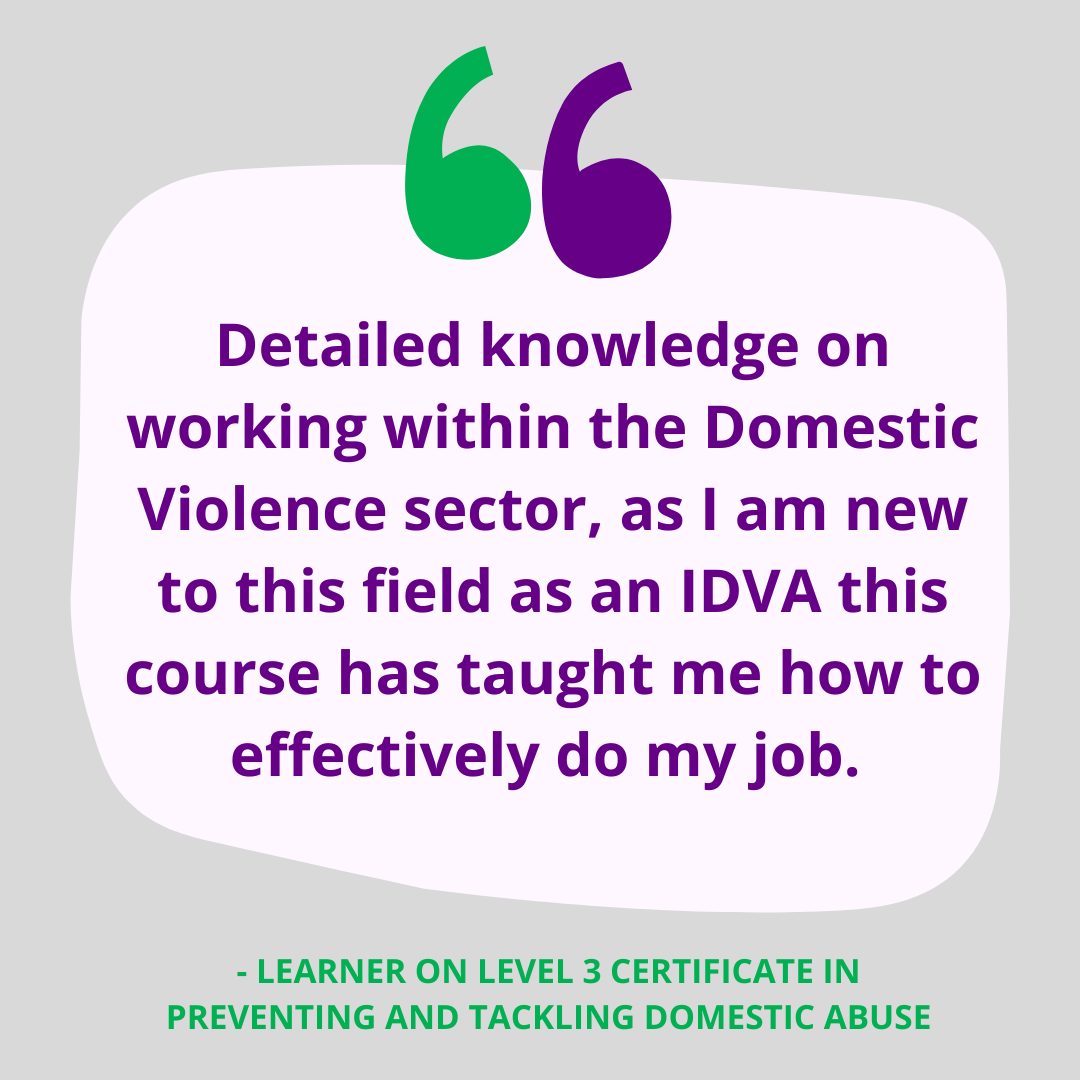
Nine of our 18 courses on VAWDASV are accredited by the CPD Certification Service. In 2021/22, almost 200 learners completed a CPD accredited course.
Another 30 enrolled in our Level 3 qualification in Preventing and Tackling Domestic Abuse, which is NOCN certified and suitable for Independent Domestic Violence Advisors (IDVAs).
Providing free, anonymous, 24/7 support
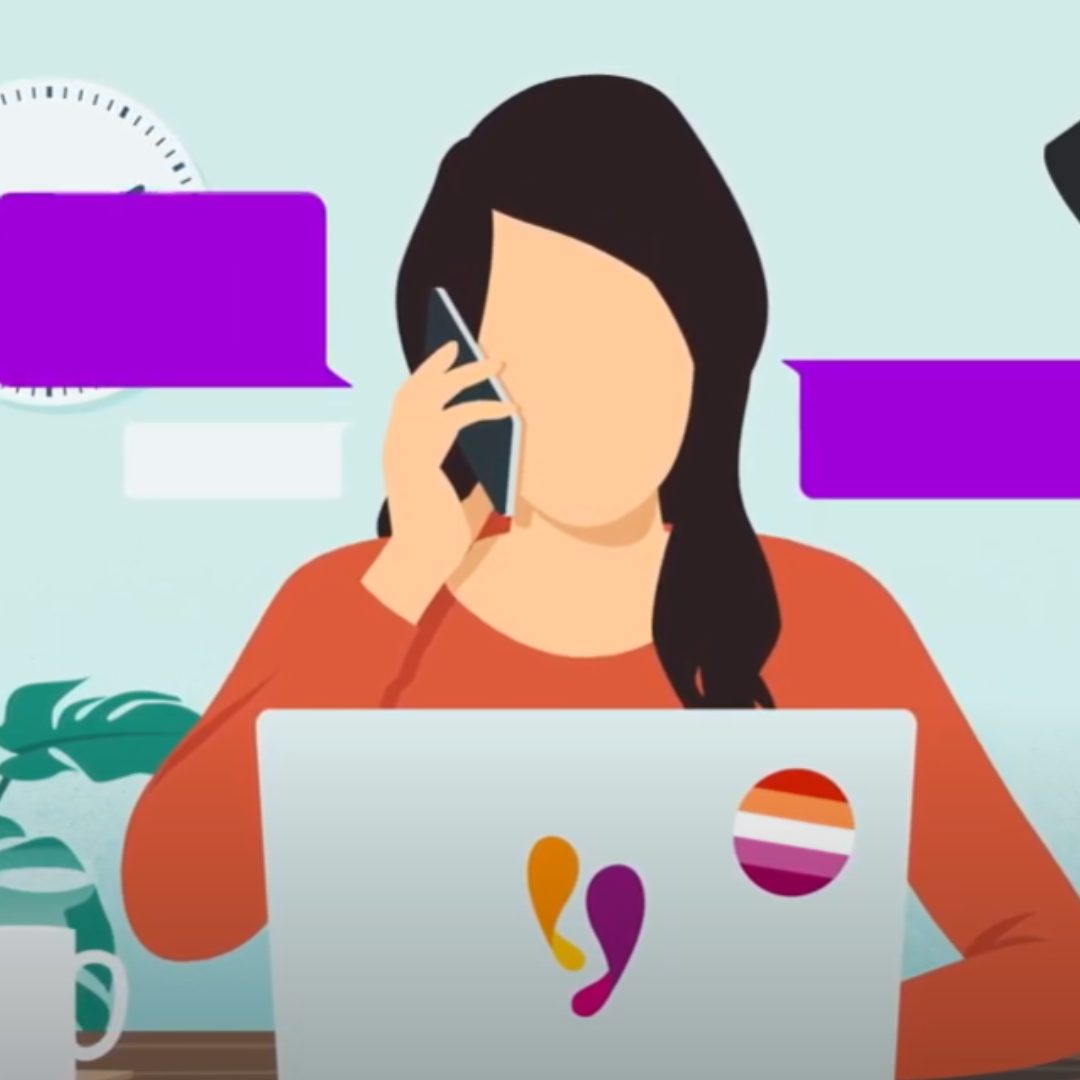
Nearly 18 years ago, we established the first national helpline for VAWDASV.
Today, the Live Fear Free helpline is funded by Welsh Government. In 2021/22, we won the contract to continue managing the Helpline.
Demand for the service continued to be high during the second year of the pandemic, with more than 35,000 contacts, an 18% increase on the year before.
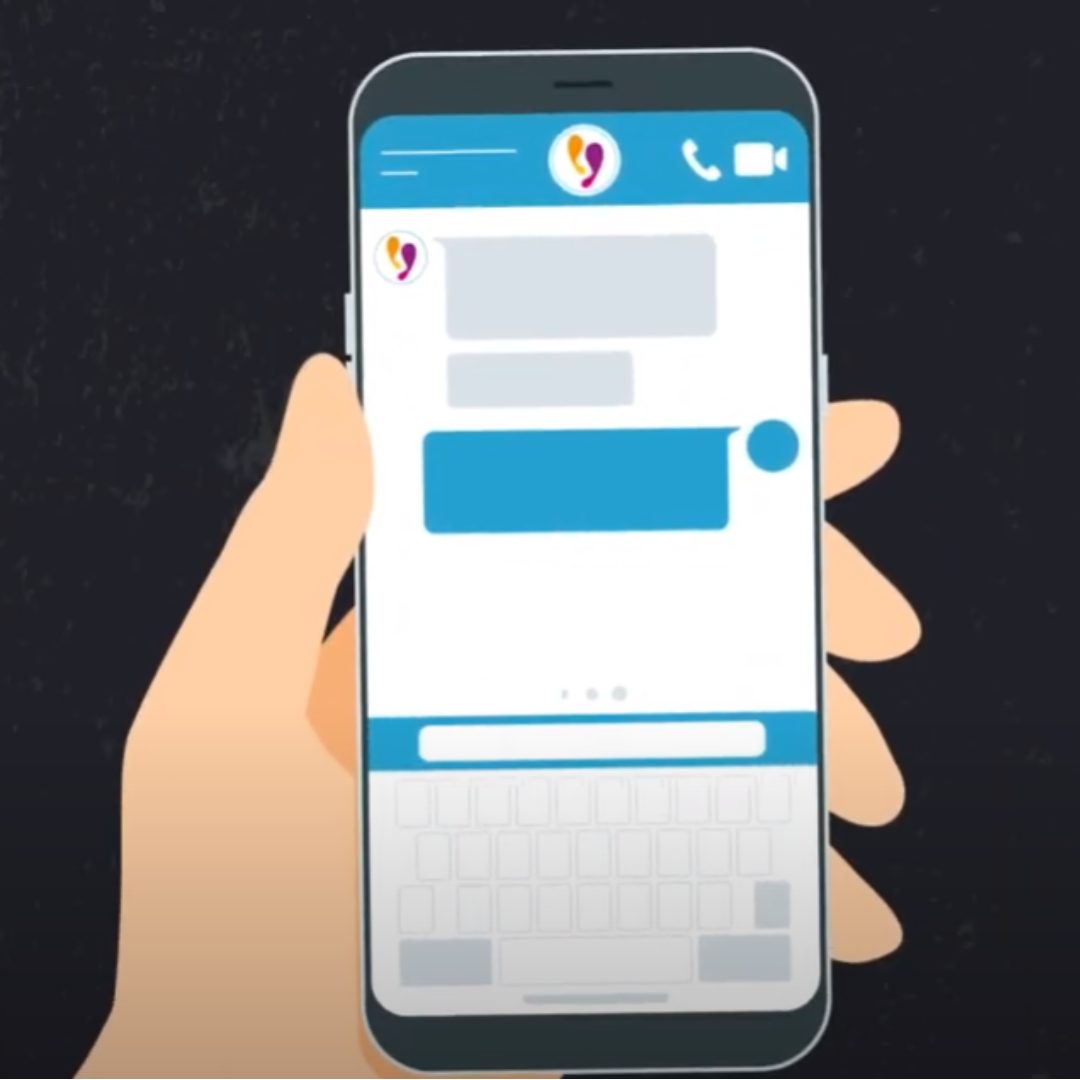
The Helpline is more than a phone number. Although 88% of contacts in 2021/22 were calls, we also received:
- More than 2,400 webchats.
- Over 400 emails.
- Nearly 400 text messages.
We always strive for a timely response. 95% of people wait less than 30 seconds for a response from a LFF Helpline Advocate.
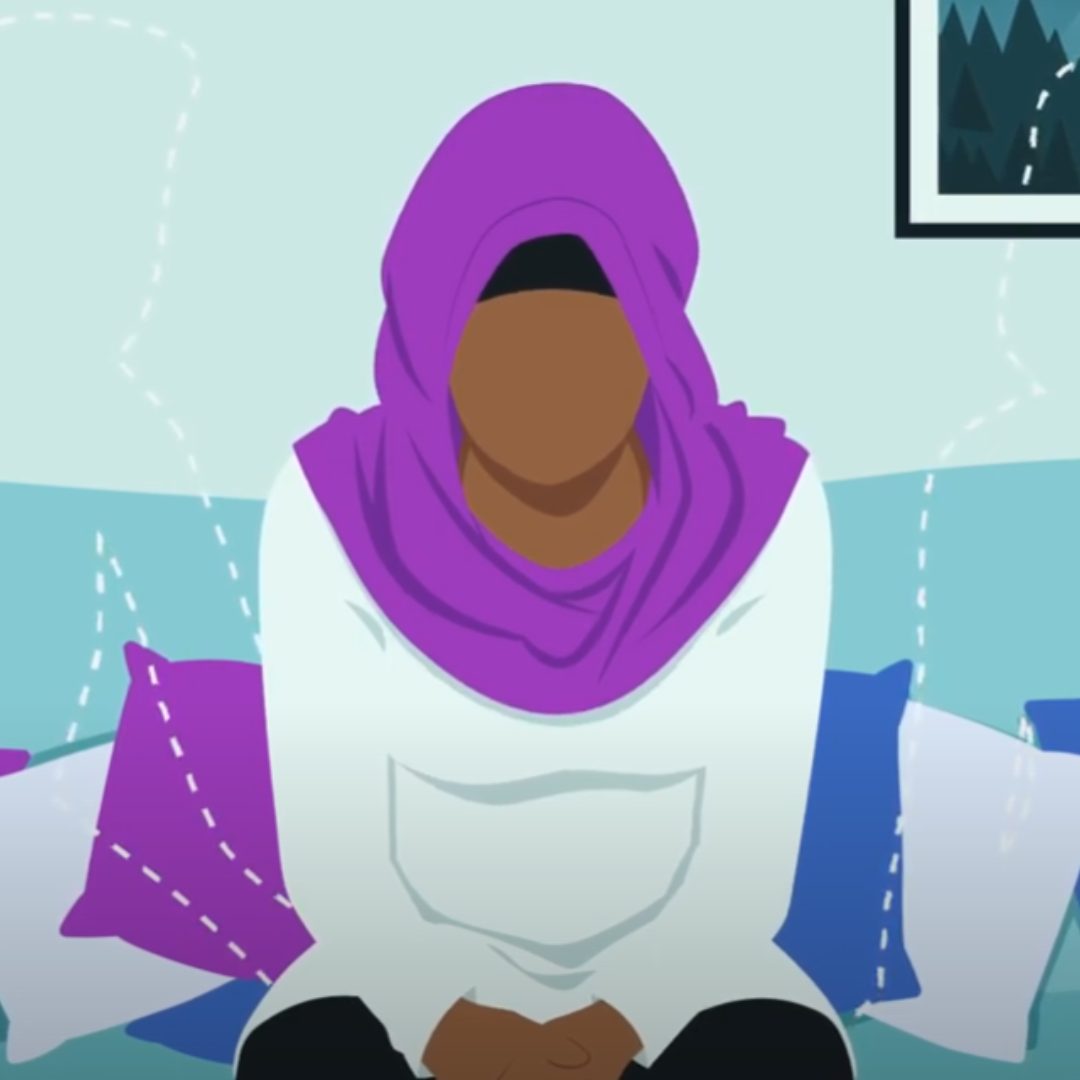
We know that language can be a major barrier to reaching out for help.
Many LFF Advocates are bilingual in Welsh and English and all can support survivors in any language using professional interpreters.
Videos explaining what domestic abuse is and what the Helpline does are also available in 17 languages, including English, Welsh, and British Sign Language (BSL).
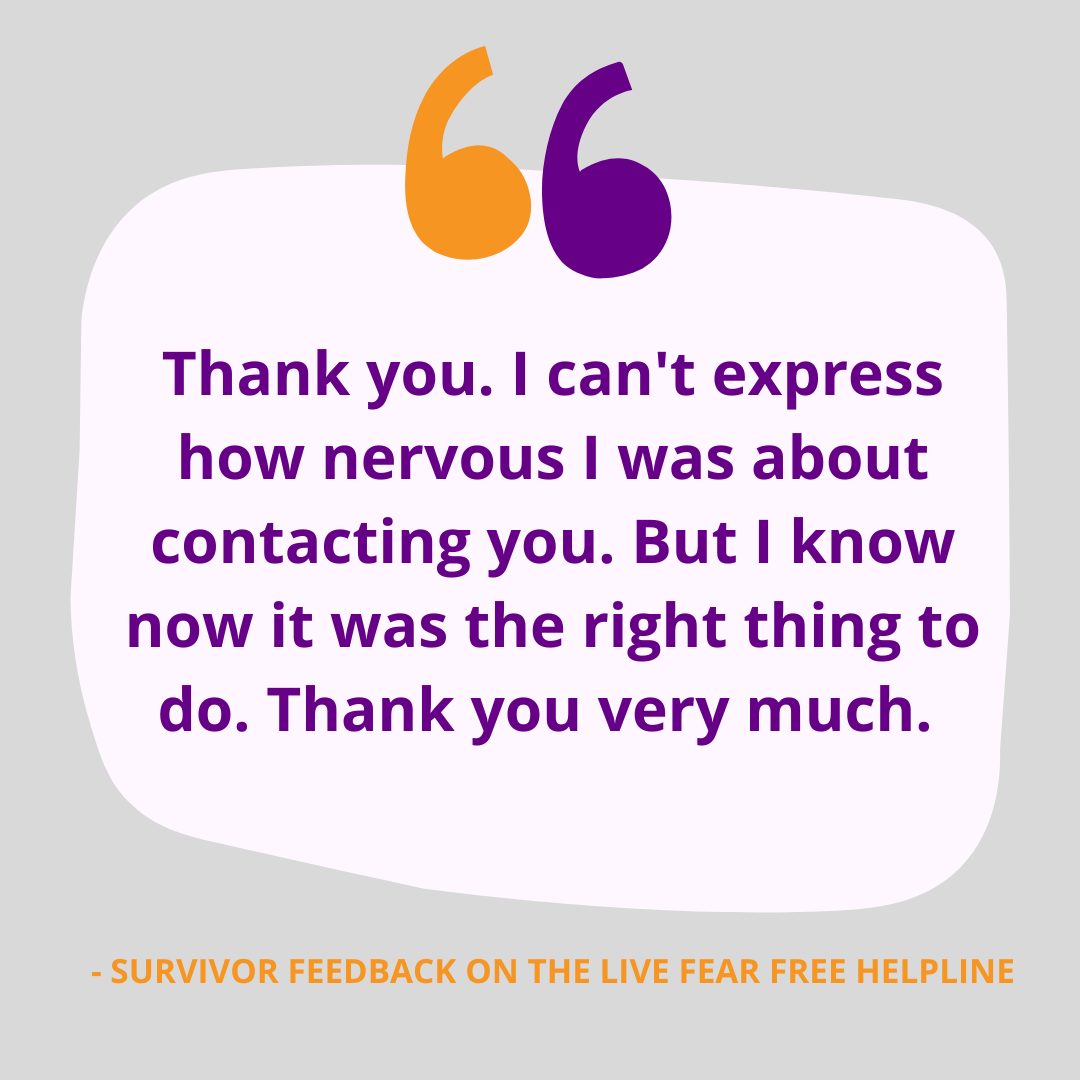
We ask survivors to provide anonymous feedback on their experience with the Helpline. In 2021/22:
- 100% said they received appropriate support.
- 85% felt safer.
- 84% felt their emotional wellbeing had improved.


